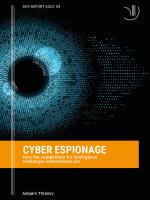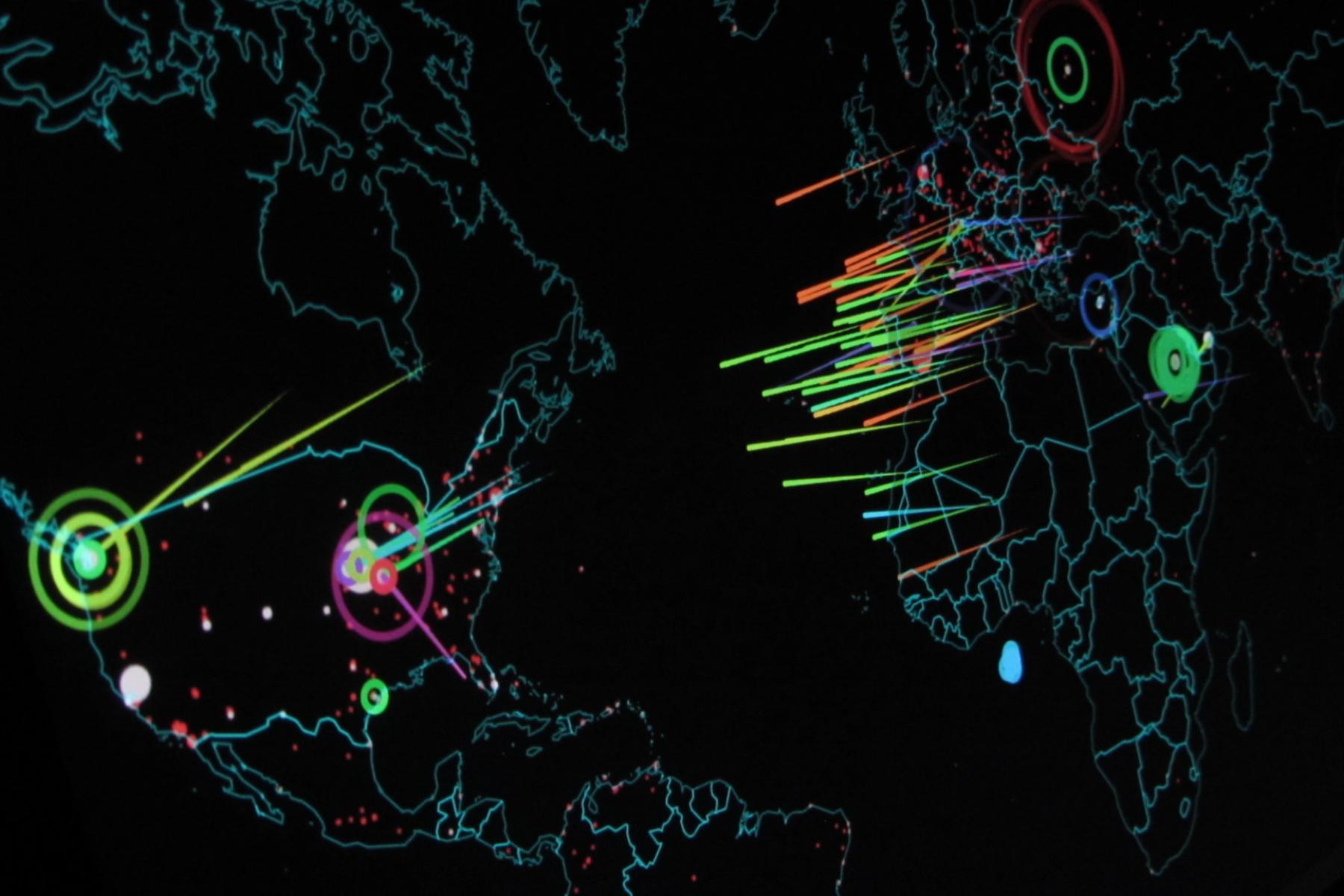Cyber espionage: a challenge to international law in the age of intelligence competition
States are increasingly using cyber espionage to steal secrets from each other. The global spread of Internet makes it easy to do so, and it is relatively risk-free. Cyber espionage is a way for countries to compete with each other, and an important part of modern intelligence gathering. Cyber espionage is not explicitly prohibited by international law, but spying states must still remain within the general principles of international law. The problem is that these principles are not clearly defined when it comes to cyberspace.
This report examines how international law applies to peacetime cyber espionage, by taking stock of recent legal statements by states and examines how states have interpreted the principles of territorial sovereignty and non-intervention in the cyber context. Most countries have so far been silent about the legal status of cyber espionage, but in recent years several leading countries have started speaking about the interaction between international law and spying. The report also analyses the legal implications of Western states providing intelligence and cyber support to Ukraine.




